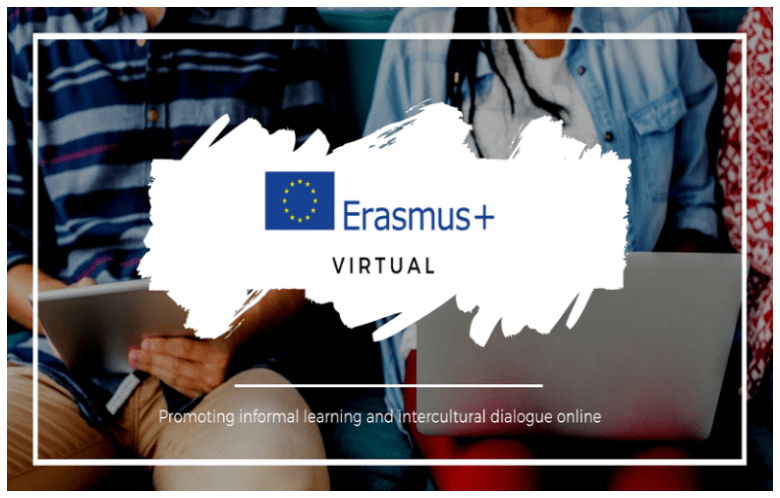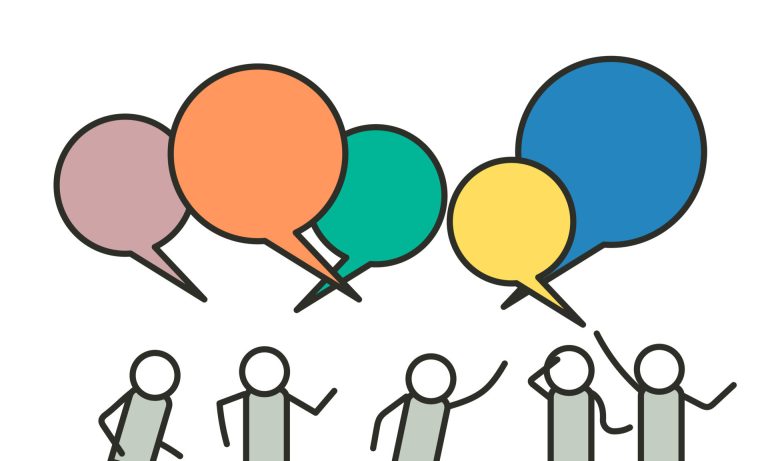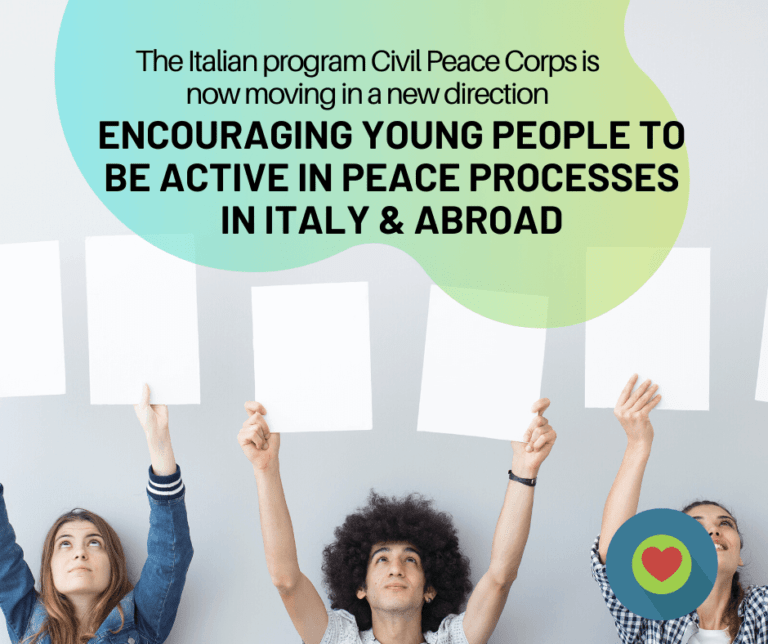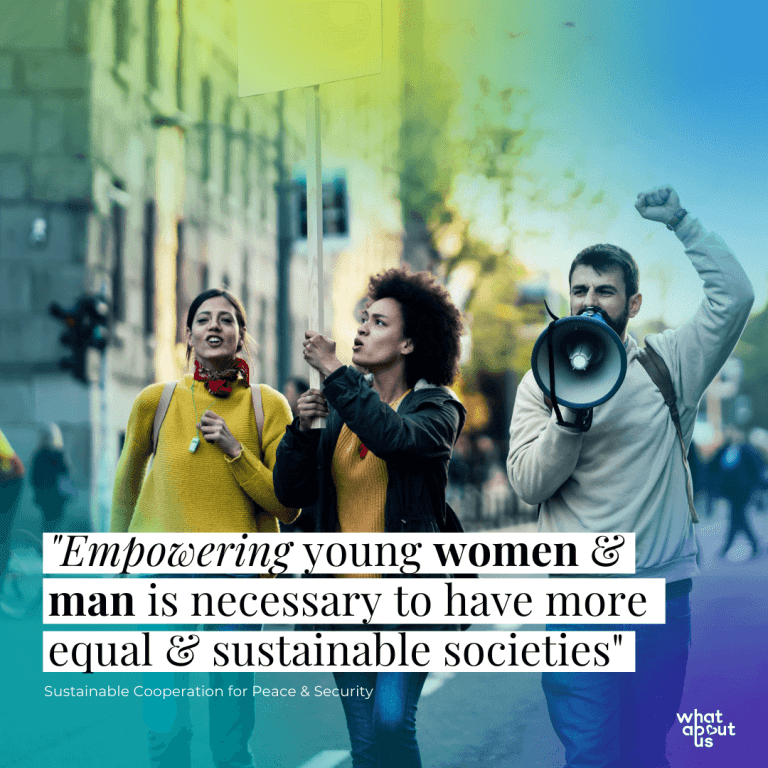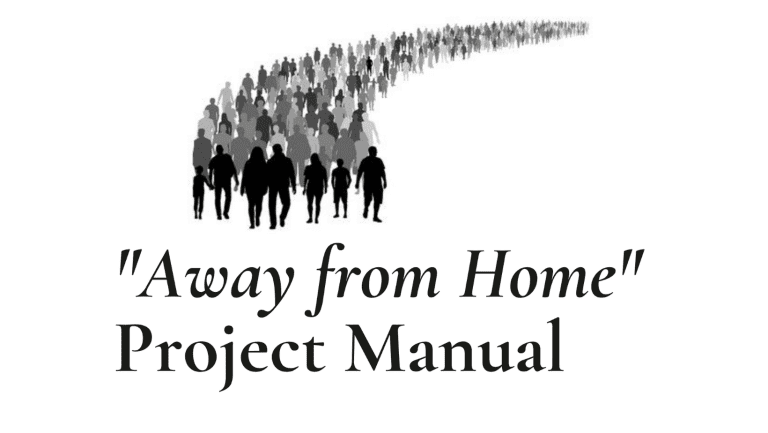Erasmus+ Virtual Exchange: distance 0 dialogue
Kmetro 0 – Mantova – “The art of debate is an extremely powerful tool – says Jacopo Cimmino one of the debate trainers from Italy – it educates about democracy, the exchange of opinions and the utmost respect for points of views different from ours. E + VE represents a unique opportunity for growth and civic education, intercultural dialogue and dispelling of entrenched stereotypes “.
Young Europeans today think that one click is enough to have access to an infinity of information, services and relationships in various corners of the planet. However, this did not make us more open to each other, especially with our less fortunate neighbors from the MENA countries that live in the other part of the Mediterranean.
Instead, “It was very challenging to see how the North meets the South on a horizontal level- tells us enthusiastically Burak Yusmak from Germany and one of the debate team leaders.- Europe needs to come closer to its historical partner ‘the Mediterranean’ to find a common solution to common problems through the empowerment of young people from both sides with the construction of cross-cultural bridges for the future “.
In recent years, racism has arised due to the lack of communication and interconnection between young people from countries on the southern and northern shores of the Mediterranean. Here the European Commission continues its path of inclusion by activating a new formal and non-formal education program called Erasmus + Virtual Exchange, implemented by a consortium of eight organizations: “We will facilitate more contacts between people, reach youth from different social backgrounds and promote intercultural understanding. – Declared the former EU Commissioner Tibor Navracsics.- This online tool will connect more young people from the EU with their peers from other countries; it will build bridges and help develop skills such as critical thinking, media literacy, foreign languages and teamwork.”
Young Shaina Hirsch – facilitator of intercultural dialogue from the US – expresses herself in simple words: “E + VE is an important program because it provides students with a framework to explore real world issues affecting their lives such as populism and global migration. Unlike reading a textbook and participating in lessons, E + VE students gain real world experience, meet and form relationships that go beyond the program itself “.
Through this program, the European Union reaches out to young people on both sides of the Mediterranean, and in doing so it also bring them closer to each other, allowing them to have a unique experience by remaining in their countries of origin yet exploring the cultures of others. No passport is needed and there are no borders to cross except mental prejudices. All you need is a computer, a tablet or a smartphone and an internet connection to access the numerous programs offered to young people aged 18 to 30 in Europe, North Africa and the Middle East.
Sirine Ben Brahim, debate trainer from Tunisia, expresses herself as follows: “I think that having intercultural debates on an online platform is a solution for issues related to the mobility of young people, especially in the southern Mediterranean basin”.
Comforting words are also used by Khadija Amahal from Morocco, debate trainer: “Being a trainer deepened my knowledge on virtual debating and enhanced my communication and critical thinking skills. Thanks to this experience mobility barriers no longer exist and people from different backgrounds learn to co-exist.”
The program gives also space for participation to refugees and students, since many universities are partners and include an Erasmus + Virtual Exchange course in their teaching plans; among them, the Università degli Studi di Padova plays a primary role. Some of the most important initiatives include long-learning courses where participants discuss current tackling issues live, or where they can participate in the program to improve “public debating” skills.
The programs are all free of charge, and are currently available in English, French and Arabic; a badge attesting the participation in the program is awarded to all participants. The fundamental role of the facilitators should be underlined: each live session in which the discussion takes place is moderated by trained intercultural dialogue facilitators who guarantee a safe space to exchange ideas and express critical thinking to the participants.
Another intercultural dialogue facilitator, Sanja Sillanpää from Finland, tells us about her experience: “I felt sceptical the first time I heard about virtual dialogue, as I thought it would be difficult to establish deeper connections between people over a virtual platform. I was wrong though, and after facilitating for two semesters I can see the result. For many, it’s the first time that they meet young people from other countries, and through the program they realize that despite having a different language, nationality, culture or religion they share many every day experiences and challenges.”
I believe that true dialogue between countries starts with the interaction between young people. As the title of the magazine kmetro0 distance between Europe and young people should be 0.
